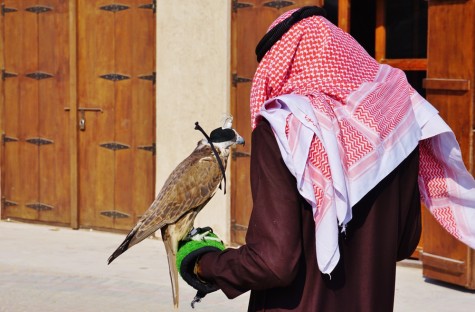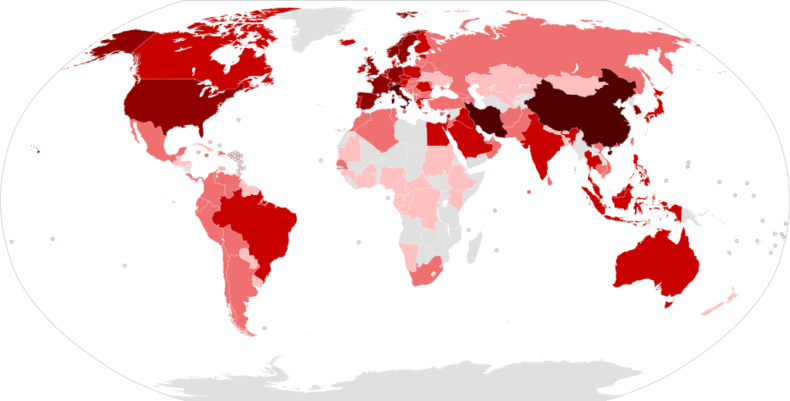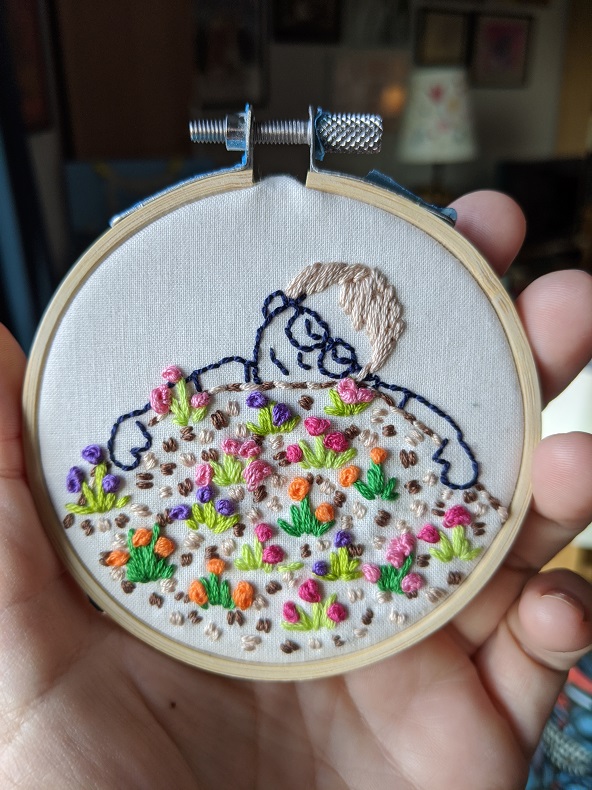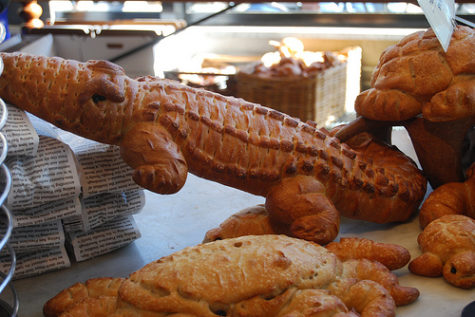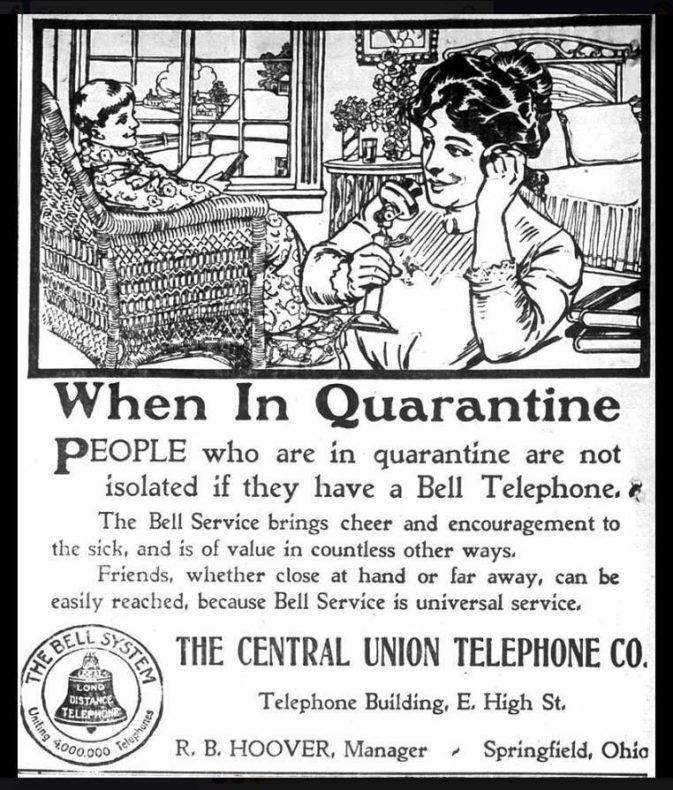
“It was nothing to just sit on the phone for an hour, wrapped up in those long curly cords,” writes my friend. “An hour-long phone conversation was totally normal. In my teenage years, I could just sit on the phone all night long.”
That’s a comforting image, isn’t it — my friend but younger, curled up with the phone. We’d been emailing about, of course, the pandemic, social distancing, self-isolating. My Twitter feed occasionally takes a break from curves, numbers, reports, and wild emotions to notice that it’s spending unprecedented time on the phone having conversations, among what must be millions and billions of identical conversations, everybody checking in and being checked in with: you ok? need anything? what are you doing?
I’m always impressed by how intensely we need to know what’s going on over there across the street, or down the road in another town, or across the country, or on the other side of the planet: I was just thinking about you, how’s it going, or as Sally who lives in foreign lands writes, “Roll call!”
Continue reading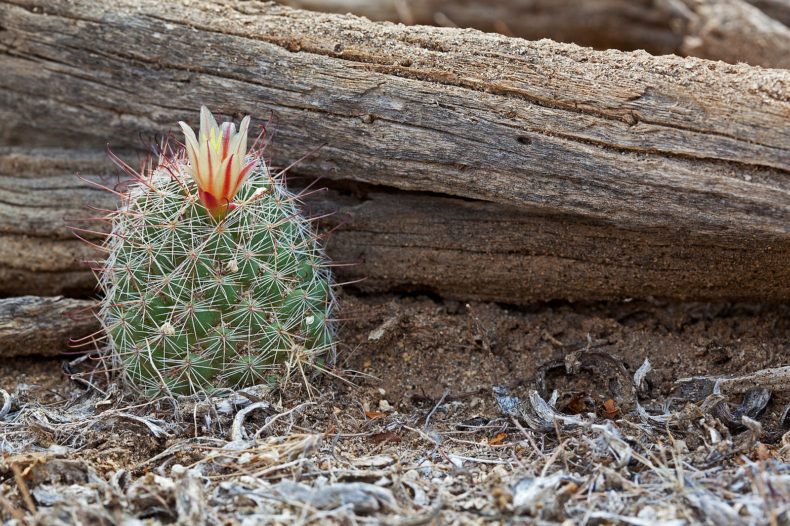
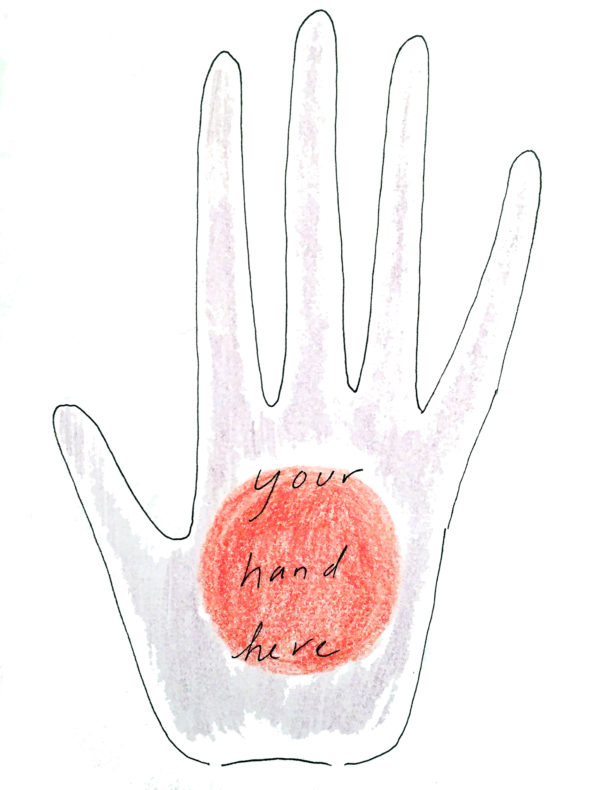
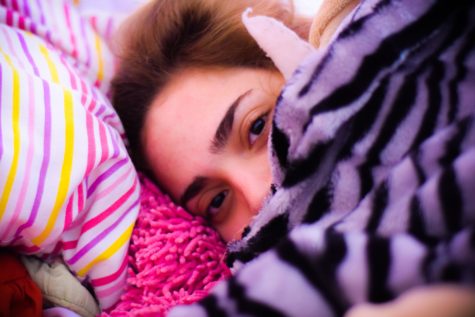 Day 1
Day 1